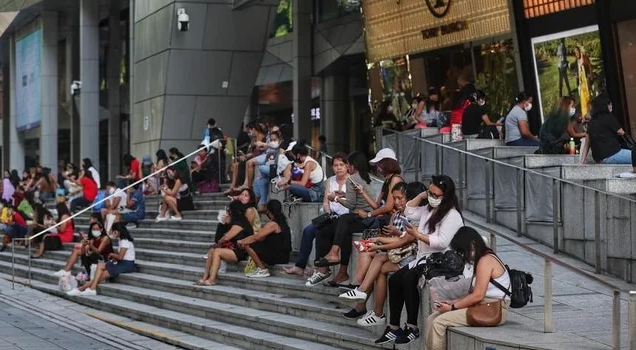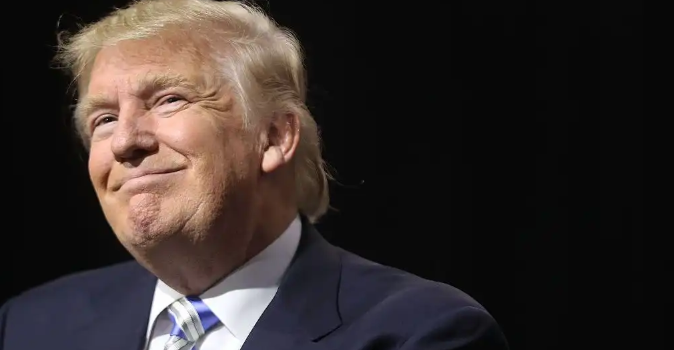
Balancing cautious reopening with preparedness as new variants emerge
Singapore’s decision to treat COVID-19 as endemic and embrace a strategy of coexisting with the virus initially raised concerns due to a spike in cases. However, recent trends indicate that the city-state’s plan may be working, even with the emergence of the Omicron variant.
Despite an initial surge in infections when restrictions eased in August, the numbers have declined steadily. Singapore boasts a 94% vaccination rate among eligible citizens, with 26% already receiving booster shots. Most infected individuals have experienced mild or no symptoms, keeping the healthcare system from being overwhelmed. Prime Minister Lee Hsien Loong remains cautious, emphasising the potential need for future restrictions due to Omicron, saying, “We may need to take a step back before progressing further.”
This week, the seven-day average of infections dropped to 258 cases per million, compared to 700 at its peak in October. Daily cases have fallen from over 5,300 to below 1,000, and deaths remain low. Health experts attribute this success to widespread vaccinations, effective testing, and public trust in government initiatives.
The Omicron variant has brought renewed focus to border controls and testing. Health Minister Ong Ye Kung announced increased screening for travellers and frontline workers while delaying further easing of restrictions. However, the partial reopening of the Causeway Bridge, connecting Singapore to Malaysia, proceeded as planned.
Public sentiment is mixed. Homemaker Lee Ching Yee expressed concerns for her unvaccinated children but felt safe enough to shop with her family. “You have to balance things,” she said, opting for outdoor dining as a precaution.
Experts, like Alex Cook from the National University of Singapore, believe Singapore’s strategy remains viable. “As long as vaccines continue to protect against severe illness, the approach to living with COVID remains sound,” Cook explained.
Singapore’s resilience during the Delta wave offers hope as it faces Omicron, with citizens like Marcus Yeo confident. “We’ve managed through Delta; I think we’ll be fine,” he said while enjoying Orchard Road’s festive atmosphere.
The government remains vigilant, prepared to adapt its strategy as needed to navigate the evolving pandemic landscape.












Comments
Hello world!
Pic of the week: Sunset at margate beach
The first day’s journey was through the pink fields
The first day’s journey was through the pink fields
The first day’s journey was through the pink fields